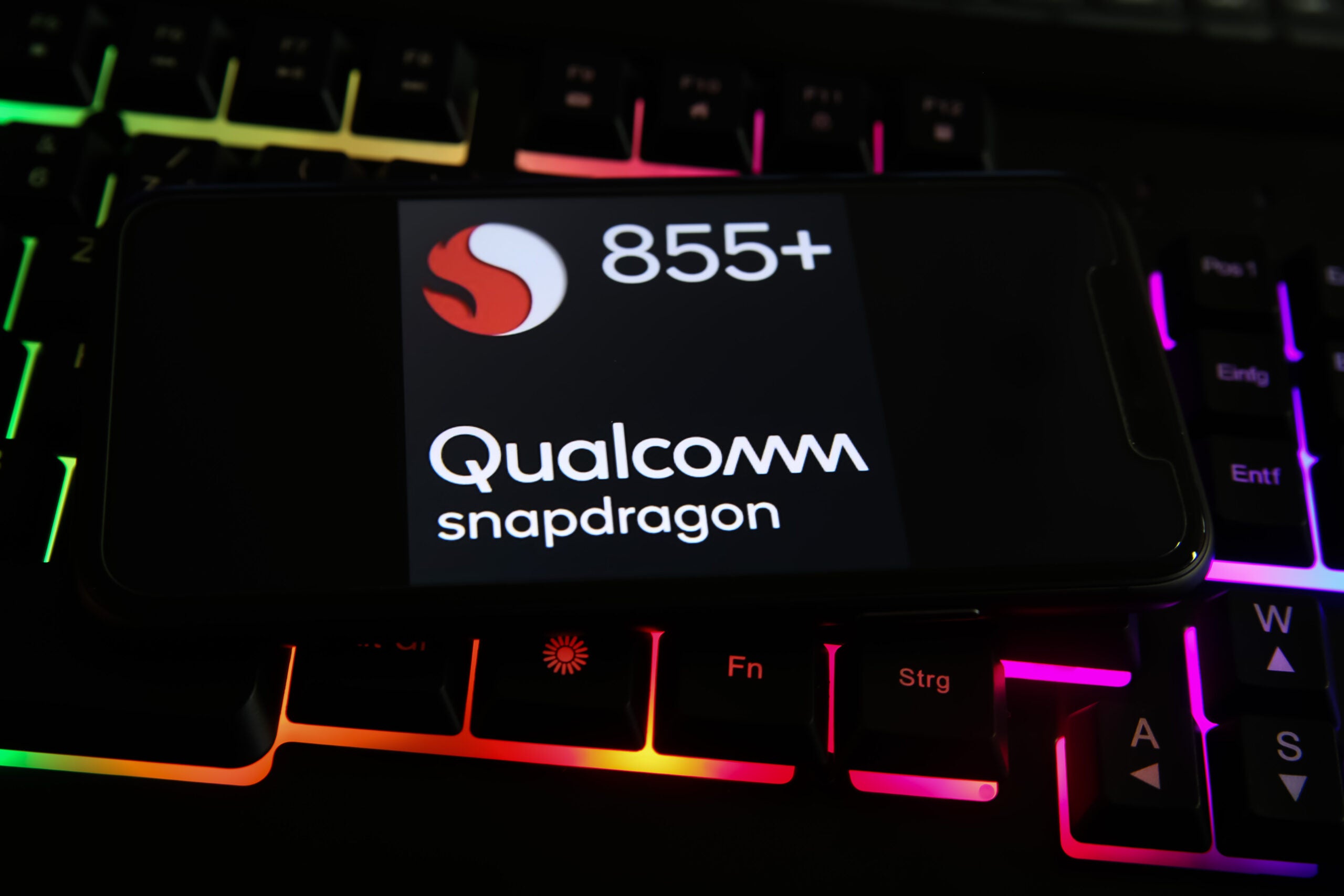Meta and Qualcomm’s on-device artificial intelligence (AI) partnership aims to take generative AI mainstream – to smartphones and laptops with an AI large language model (LLM).
However, the erratic nature of this emerging tech forced Qualcomm to add a large cautionary note in its announcement.
Meta’s large language model can run on smaller devices
Meta and Qualcomm announced that Meta’s Llama 2-based AI will be available on Snapdragon chipsets meant for flagship smartphones and PCs starting from 2024. Llama 2 is an open-source version of an AI LLM developed by Meta. These new on-device AI experiences can work in areas with no connectivity or even in airplane mode.
LLMs need vast amounts of data and training, necessitating vast computation prowess, which in turn demands large cloud servers, and Qualcomm’s rival NVIDIA’s graphic processors have allowed that. Now Qualcomm is bringing generative AI to what it does best – chipsets for phones and laptops – and bringing Meta’s LLMs to its processors for on-device AI.
Meta’s Llama 2 model has an advantage over rival GPT-4: Llama 2 can be packaged into a smaller program, which means it can run on smaller, lighter devices – aka, smartphones. This will split the heavy weight of data between cloud and device, making it easier to access, cheaper, personalized, and the other p-word that likely rattles Mark Zuckerberg – private.
If Meta can associate itself with a tech that encourages data privacy, the company may begin to restore its tattered reputation. On-device AI will also enable applications like intelligent virtual assistants, making consumer lives even easier than current voice assistants do. Qualcomm already has a massive cross-product presence across edge, including smartphones, vehicles, XR headsets and glasses, PCs, and IoT; this allows for generative AI to scale.

US Tariffs are shifting - will you react or anticipate?
Don’t let policy changes catch you off guard. Stay proactive with real-time data and expert analysis.
By GlobalDataLLMs can be erratic
So far, so good. But LLMs are early tech yet, and notoriously erratic, with new abilities emerging and disappearing and reappearing later “at will” as the models get bigger – and researchers aren’t entirely sure why that happens. This erraticism puts a company’s reputation and image at risk; hence, an entire paragraph dedicated to a cautionary note appeared along with the announcement in Qualcomm’s press release.
When Google announced its Bard AI, the company included several cautionary dialog boxes that a consumer had to agree to before one could proceed with asking a question to Bard, which was – and remains – an experimental AI forum.
Qualcomm’s cautionary note is a self-protection and wait-and-watch measure, a buffer against legal action if it’s accused of misleading potential investors. This an indication of how speculative the space is and how much investors are ratcheted up for a piece of the gen AI pie.









